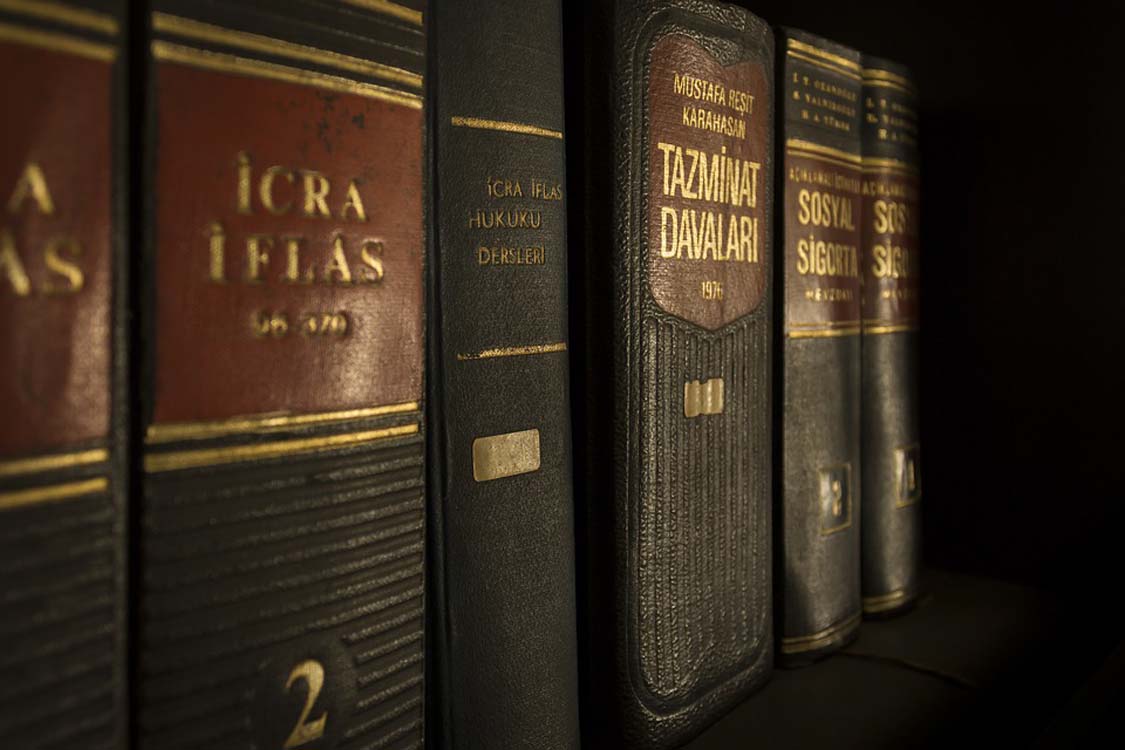
A presentation by Judge Malcolm Simmons
What delegates said about Malcolm Simmons
“A thought-provoking presentation by a highly skilled lawyer and presenter”
High Court Judge
There are two basic principles of evidence that investigators should have in mind at the start of any investigation: (1) relevance and (2) weight.
Relevance
In principle, only relevant evidence should be admitted.
Evidence will be relevant if it “tends to prove, or disprove, a fact in issue.”
In order to determine whether evidence is relevant – or potentially relevant – investigators must know:
- The elements of proof of the suspected offence(s) and
- The type of evidence – direct or circumstantial – that would be relevant to prove them.
Weight
When discussing the ‘weight’ of evidence we are, in effect, assessing its reliability and persuasive effect.
In determining weight the court will normally have regard to:
- The sourceof the evidence (How does a witness know what he or she is testifying to?)
What is the basis for a witness’s knowledge? Is the witness testifying to what he or she knows for a fact, or what the witness overheard, or what the witness supposes or thinks might have happened?
Evidence of which the witness has direct personal knowledge is considered to be weightier than information overheard from another or supposition.
- Whether the evidence is direct or circumstantial
Direct evidence is evidence that tends to prove a fact directly. Direct evidence is usually considered to be the strongest method of proof, but circumstantial evidence – evidence that tends to prove a fact indirectly, or by inference from other facts – also can be quite persuasive if presented correctly.
- The credibilityof the witness.
Factors that affect the credibility of a witness include:
- The plausibility, or the lack thereof, of the witness’s statements when compared to other evidence in the case (i.e., the extent to which the witness’s statement is corroborated);
- The consistency or inconsistencyof the witness’s current and prior statements;
- Whether the witness’s statements promote his or her self-interest, or are neutral or even contrary to it (the latter are termed “statements against interest’ and are considered to be more credible);
- Whether the witness has a “reputation for truthfulness” or the contrary, and whether the witness previously has been convicted of a criminal offence (these factors are often admissible in court to attack the credibility of a witness);